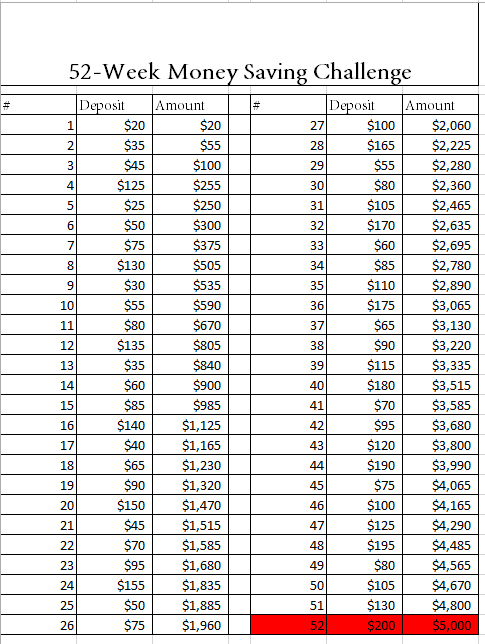
Whether it’s skiing in the mountains, scuba diving among the reefs, or exploring history throughout famous museums, your ideal vacation can be anything you make it. Wherever you dream of traveling to, price is sure to be a factor in your decision. Make the trip of your dreams into a reality with these smart saving tricks to help fund your travels wherever they may lead.
- Open a dedicated savings account. To keep your goal clearly in sight and prevent overspending, establish a dedicated savings account for family vacations. You can use these funds throughout the vacation planning stages to book hotels and tickets. During your trip, easily track your designated spending while preventing unneeded dips into a primary savings account.
- Trust the change jar. The nickels and dimes that collect at the bottom of your pockets may seem insignificant, but a mere $1.25 saved every day in spare change adds up to just under $500 in only one year. Establish a large lidded container for your trip funds, for gas or gifts. Be sure to keep your eyes peeled for loose change both at home and during your work day.
- Designate a pantry week. In the months leading up to your vacation, pick one week each month to skip the grocery store and eat out of personal food storage. By eating meals such as spaghetti, soup, or rice, you’ll par down the grocery bill while consuming pre-purchased food before it goes bad.
- Repurpose gift cards. Instead of letting that plastic currency go to waste speak with friends and family members to see if any of them are interested in a trade. If there is no trade to be had, selling the gift card for slightly less than the card’s value may create a better incentive for buyers while still allowing you to receive the best benefit.
- Save energy. Cut down on your monthly utility bill by creating a list of action items to save on energy costs. Running the dishwasher for extreme loads only, switching to cold instead of hot water for laundry, setting a time limit for showers, and only turning on essential lights can lower your utility bill piece by piece. Take the difference saved and funnel it into your travel savings account.
At Milledgeville State Bank, we love seeing you accomplish your financial goals and enjoy all of the incredible places they can take you. If a vacation is on your horizon, make an appointment with one of our financial advisors today and learn how to make the most of your savings.









